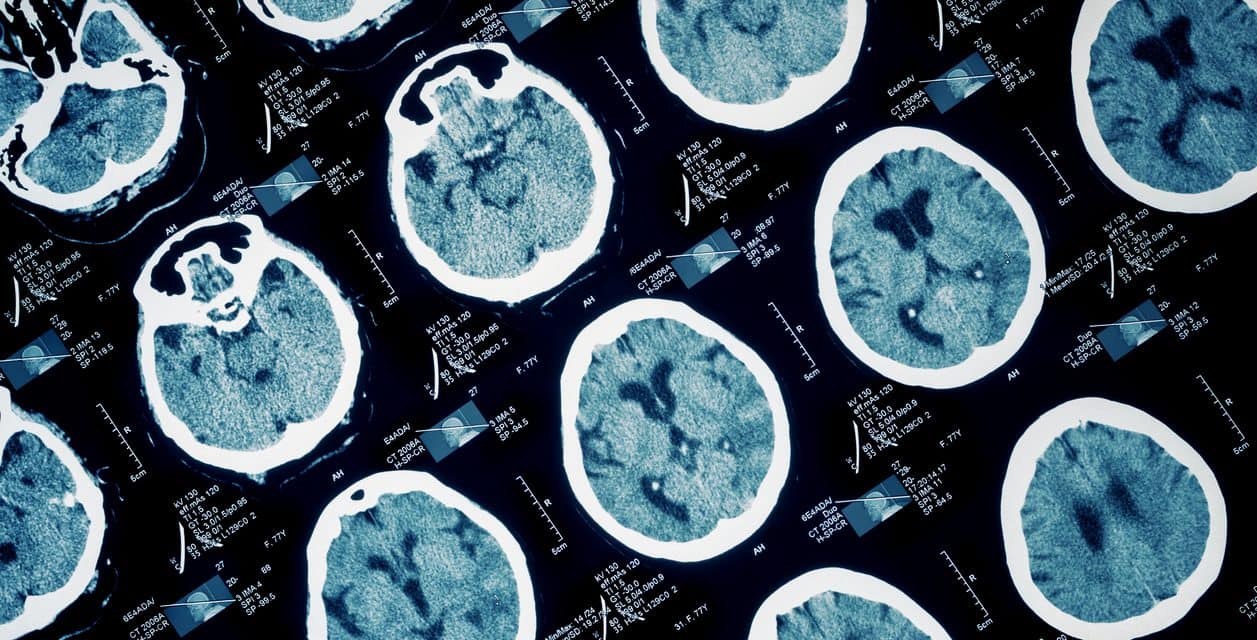It is central to the management of patients with Medication-overuse headache that they reverse their behavior regarding the frequent use of pain medication. The objective of this study was to compare two counseling techniques for treating patients with Medication-overuse headache (MOH). This was a randomized, blind, controlled clinical trial that compared a structured (FRAMES) and unstructured counseling, for the treatment of MOH. Patients were assessed before the counseling and then again four and eight weeks after it. Semi-structured interview, headache diary, the Headache Impact Test (HIT-6) and the Hospital Anxiety and Depression Scale were used. Primary endpoints were the following: number of patients who stopped medication overuse; days with acute medication use; HIT-6; the number of patients who returned for consultations. Secondary endpoints were as follows: days per month of headache; 50% reduction in monthly days with acute medication use; the number of patients with less than 15 days of headache. Thirty-seven patients were allocated to the “FRAMES Group” and 33 to the “Control Group”. There was no difference regarding primary or secondary outcomes between the two groups. There was a significant reduction in the frequency of headache and the number of days using pain medication in the first and second months of follow-up compared to baseline in both groups. There was a significant reduction in the HIT-6 in the first and second months of follow-up compared to baseline in the FRAMES Group, but not in the control group. Patients in both counseling groups significantly decreased the use of pain medications and the frequency of their headaches.© 2021. Belgian Neurological Society.
FRAMES protocol versus simple advice for medication-overuse headache: a prospective, randomized, controlled clinical trial.


